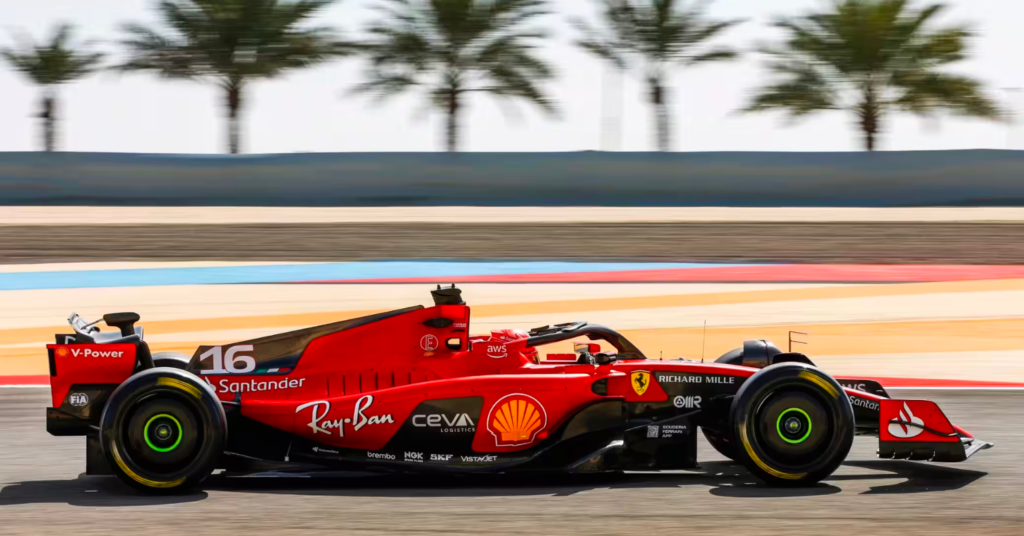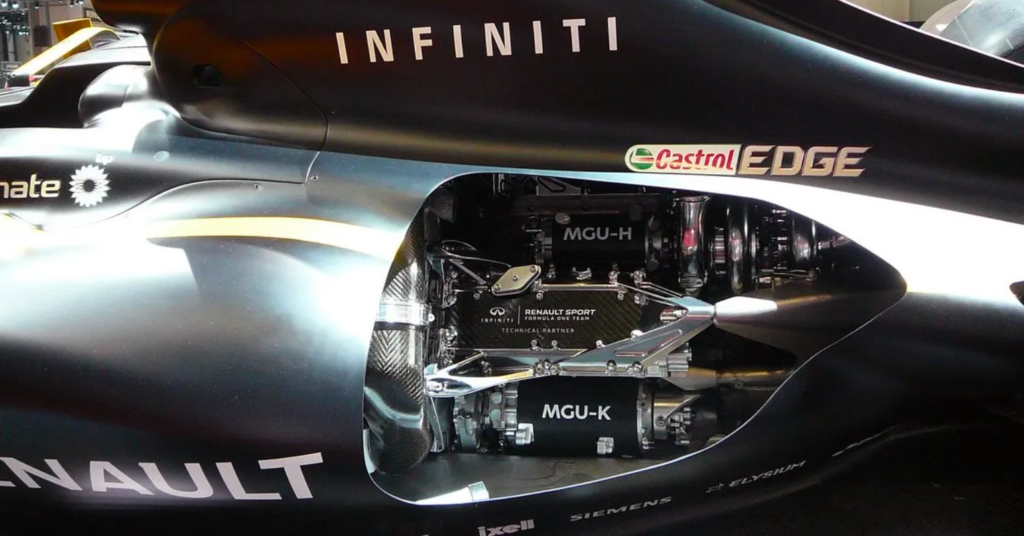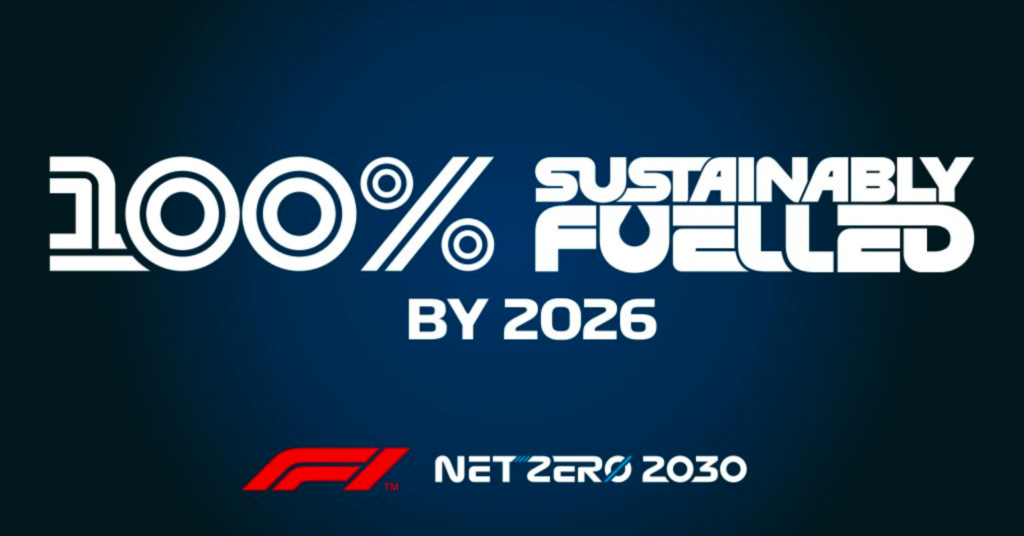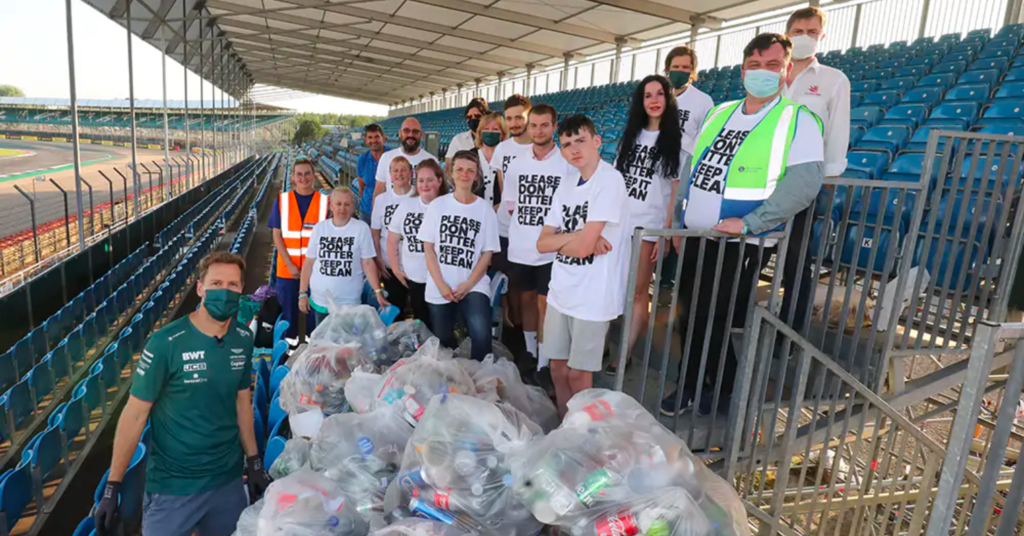Formula 1 produces approximately 256,000 tonnes of CO2 each year, but in 2019 they made a significant commitment to sustainability, with the goal of becoming a carbon-neutral sport by 2030.

In recent years, the Formula 1 organization has recognized the importance of reducing its carbon footprint, setting ambitious targets to promote sustainability both within the sport and beyond.
Carbon Neutrality
One of F1’s primary goals is to become a carbon-neutral sport by 2030.
F1 is taking a multifaceted approach to achieve this goal, focusing on reducing emissions from race cars, logistics, and other aspects of the sport.
F1 has also implemented a program to offset carbon emissions by supporting various environmental projects around the world.
Central to this effort are the hybrid engines that have been introduced in recent years, which use a combination of traditional gasoline and electric power to increase performance while reducing emissions.
These hybrid engines feature the MGU-K system, which captures kinetic energy generated during braking and converts it into electrical energy that can be used to power the car. This has increased overall power for cars, but strict fuel and energy consumption limits are also in place to improve efficiency and reduce emissions.

Biofuels
F1 has introduced biofuels made from renewable sources such as waste and residues, which can significantly reduce the sport’s carbon footprint. F1 aims to use a blend of biofuels and traditional fossil fuels in its race cars, with the goal of using 100% sustainable fuels by 2026.

Sustainable Materials
F1 has implemented a plan to use sustainable and new materials in the construction of its facilities, using innovative building techniques to further reduce its environmental impact.
F1 is also committed to reducing waste and recycling materials wherever possible.
Waste Reduction
F1 has introduced a program to reduce waste generated during race weekends.
This program involves eliminating single-use plastics and encouraging recycling.
F1 is also working with its partners and suppliers to reduce waste throughout the supply chain.

Sustainability Strategy
In addition to these measures, F1 has created a comprehensive sustainability strategy that addresses various social and environmental issues. This strategy includes initiatives to promote human rights, diversity, and inclusion within the sport. F1 is committed to promoting sustainable practices both within the sport and beyond, working with partners and stakeholders to create a more sustainable and responsible future.